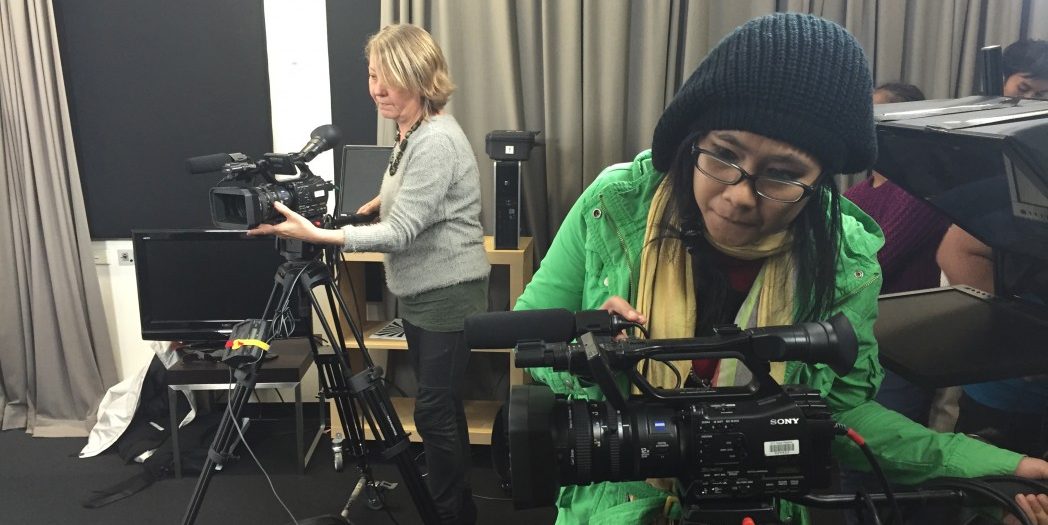I sometimes imagine Banjarmasin’s local food whenever I think of my hometown. Nasi Kuning. Soto Banjar. Ketupat and lontong. However, if I were to imagine Banjarmasin as of present, one thing pops at the top of my mind: the damaged environment caused by coal industry. I found Southern Borneo had been the second largest coal producer in Indonesia; following its close neighbor, Eastern Borneo.
According to each local government data, they both have 100 million tons and 150 million tons for coal production. In 1993, I moved to Jogjakarta to pursue my study and 7 years later went to Jakarta to work as business reporter.
I was ecstatic when Asia Pacific Journalism Centre selected me as one of 14 Asia Pacific journalists to participate in the 6 weeks climate change workshop. When I first time came to Melbourne in last October and met Philip Chubb, who has imparted plenty new knowledge. Philip used to work as journalist and now holds a title as an associate professor at Monash University. He told me about Australia’s political background. Mainly on carbon tax debate and how the coal producers hold a strong influence over government’s policies. I thought it had something in common with Indonesia situation on coal industry. Big companies have been a good ally to the government. The companies will get more money and in return, there will be higher revenue for the government. Coal burning, like Australia and Indonesia have done, is known as the biggest CO2 polluter all over the world. Philip also explained the importance in learning the international institution report in our coverage of climate change. He gave us the examples on UNDP report on climate change and reports from World Bank. He also thought it was important to know the international perspectives on respective countries.
“But US and China are still waiting for each other. They will not do something until the other party start,” he said. “If Australia passed the carbon tax bill, at least Australia can stand on morality value in terms of reducing emission.”
On November 8th, the Australian government passed the carbon tax bill. Australia had finally embarked on the biggest step yet.
I have learned so many things relating to climate change issues, not only on coal industry. REDD. Logging. Deforestation and how the local people deal with the problem. And surely, making friends and networking. I told Philip that he did it for sure: Burning my anger even more so, especially to the giant coal producers in Indonesia. And I think, from now on, I should spend more time to think and write critical stories on the mining problems in my hometown. For sure, it’s more important than to think my childhood’s favorite food, anyway.

